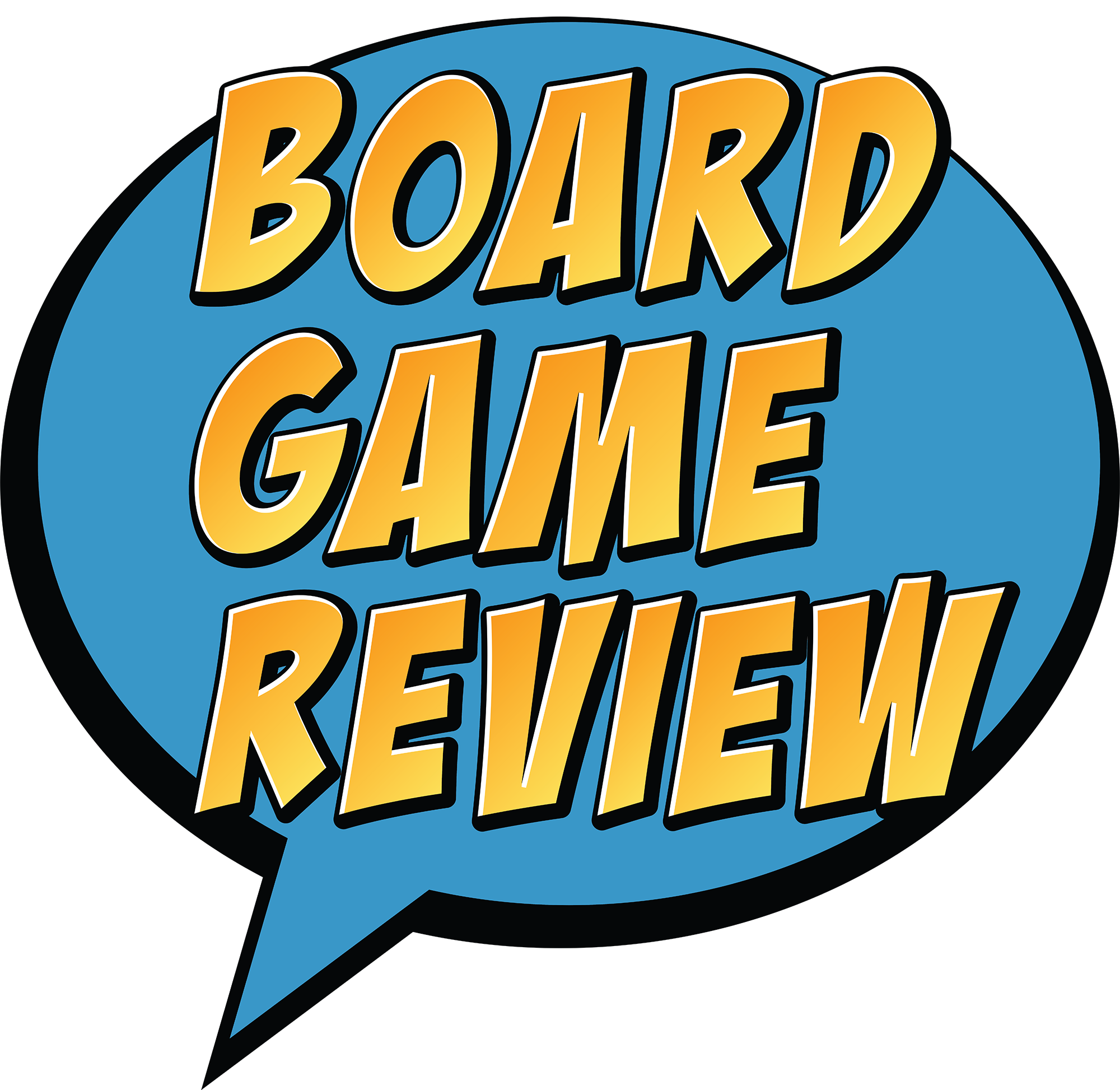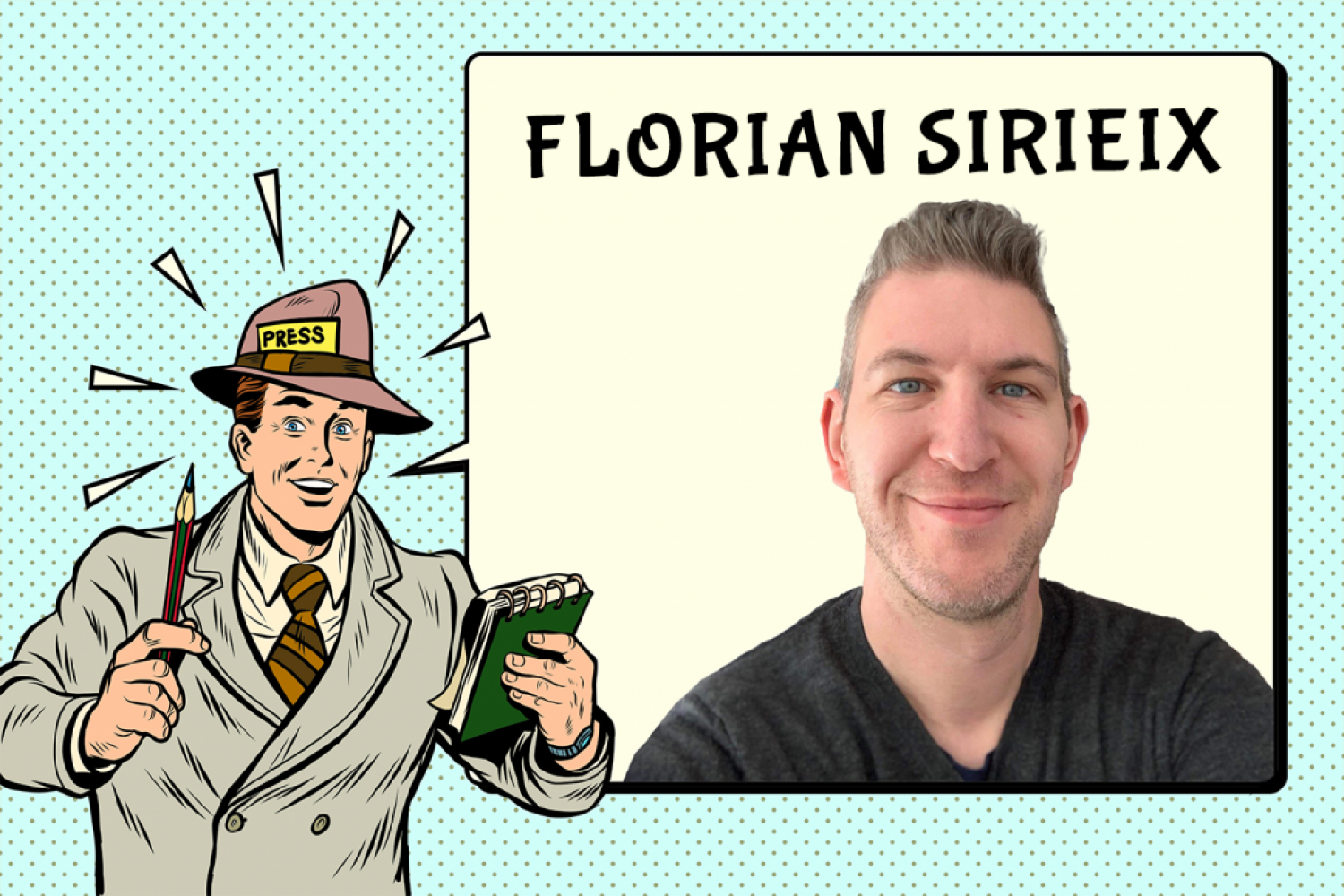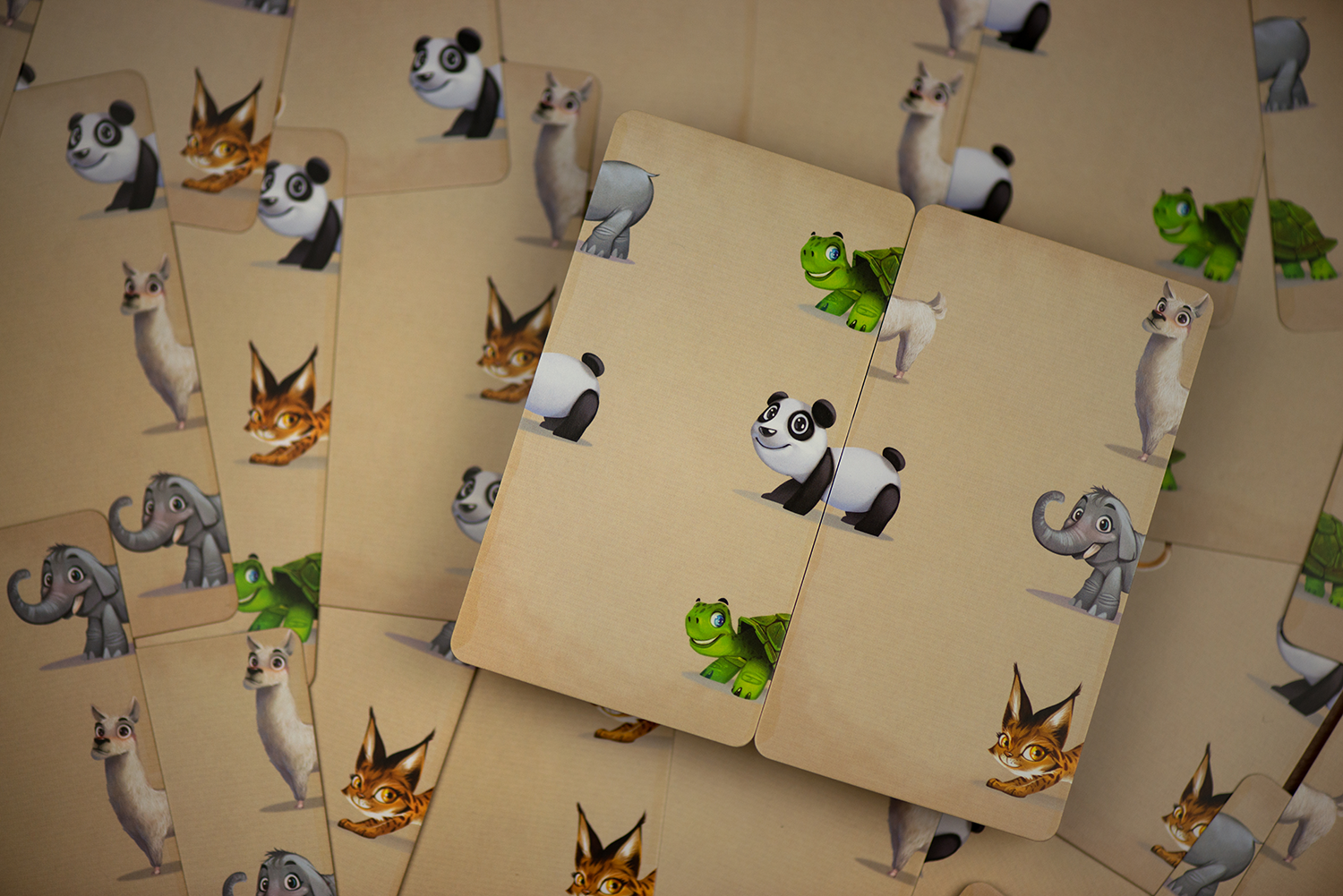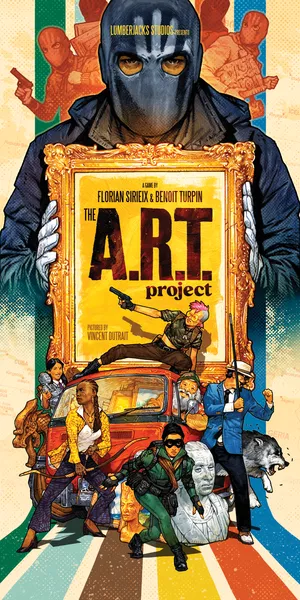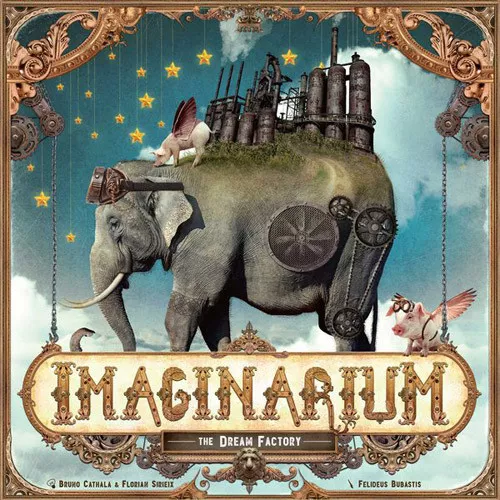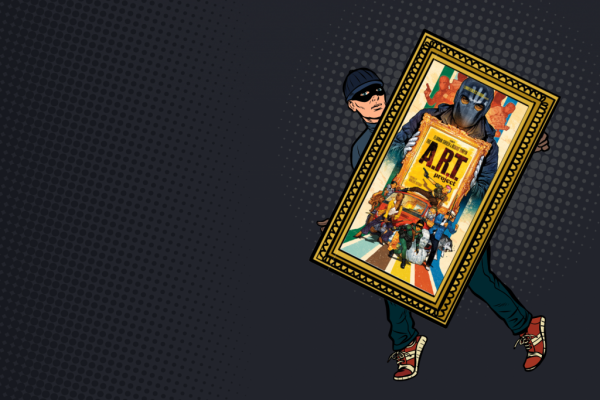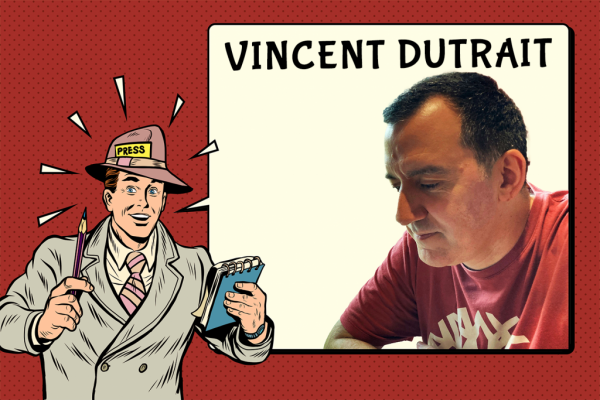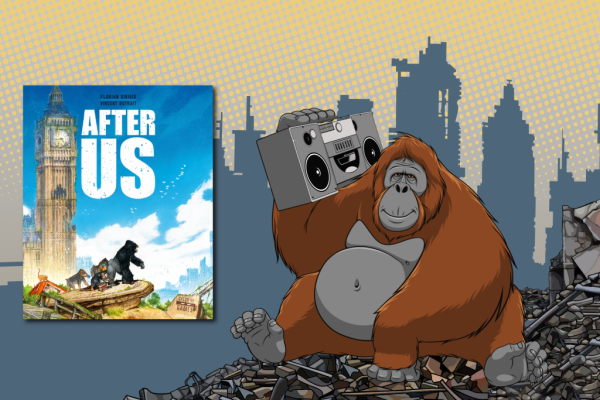Interview with Florian Sirieix
Hi Florian, thanks for agreeing to answer some questions. It was great to meet you at the UK Games Expo, was it your first time visiting?
Yes! Definitely not my last!
There was quite a buzz for your games at UKGE, particularly After Us, how was the experience of witnessing that as the designer?
Quite overwhelming actually. Last time there was a buzz like this for one of my designs was the release of Imaginarium, but it was mostly because it was a co-design with Bruno Cathala. I really enjoyed it.
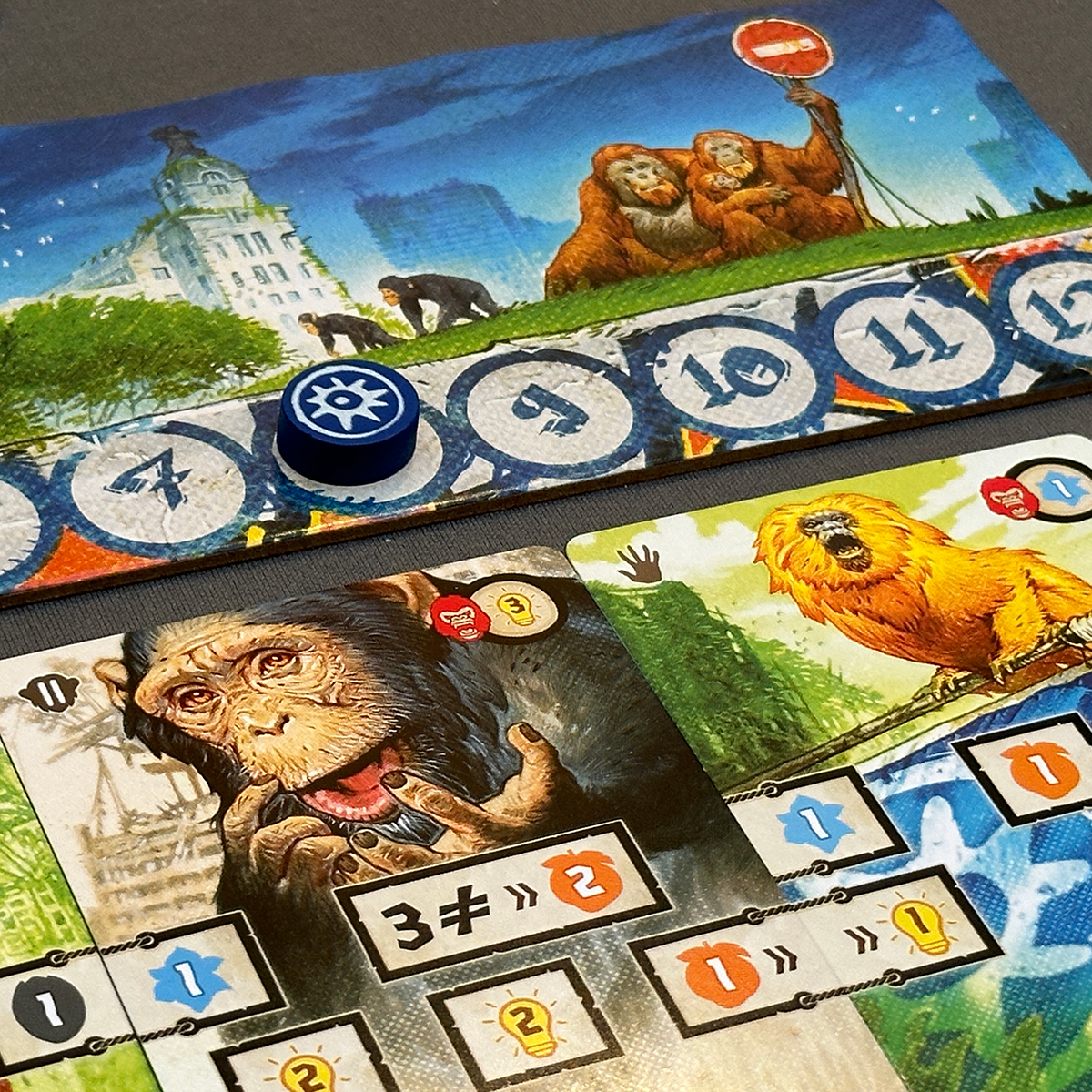
It might surprise some, that After Us has strong links to a children’s game that you designed, Zoo Run, how are the two linked?
When I started working on the mechanics of After Us, I felt that I had to get to the minimal essence of the design, so that I could then focus on what was necessary for the game. When I did that, I immediately thought of what would become Zoo Run. Since it was so simplified, it was really quick to develop. But not easy! I actually had to develop a computer program to create the cards so that each time you draw 3 cards there was at least one possibility.
Stomp the Plank was also launched in the UK at the expo, it’s already a favourite here, even when the kids have gone to bed! Did you come up with the elephant pirates?
When we created Stomp the Plank, we wanted to have animals that represented the pirates – it was aimed to be a kids game. Our first pick was Otters actually, but the publisher chose Elephants, and it was a really cool idea, because it added the ‘weight’ approach for the kids.
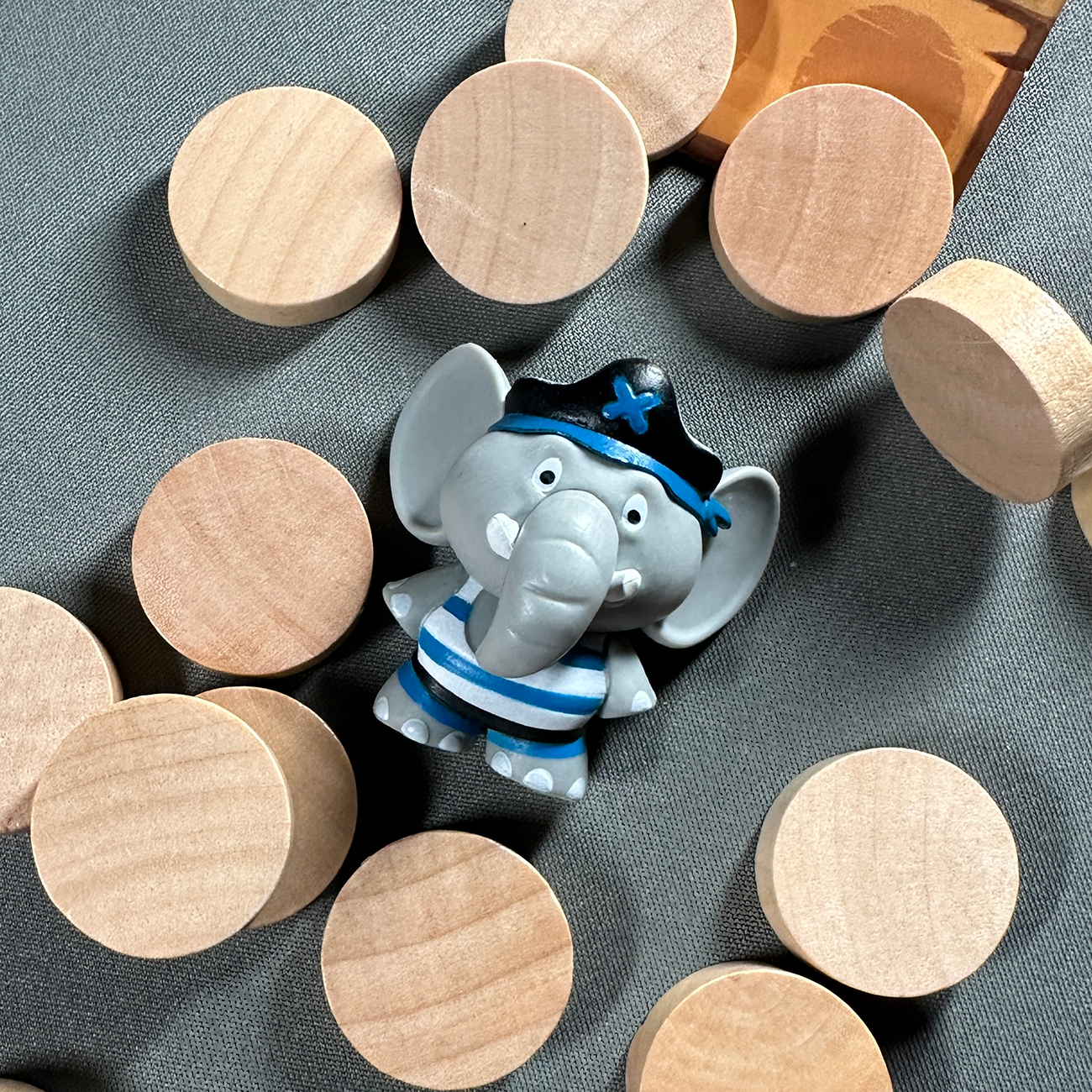
Another game that caused a stir amongst a lucky few play testers at UKGE was The A.R.T. Project, can you tell me more about that as I couldn’t get to the preview?
ART Project is also a co-design with my friend Benoit Turpin. In this game, you try to fight against an evil corporation, the White Hand, who steals Art all over the world. It is a cooperative resource-management game, where your team has to manage their supplies together, so communication is key. I can’t wait for this game to be released, it has fantastic art by Vincent Dutrait.
Rewinding to before UKGE, what was the game that made you fall in love with board gaming?
Haha hard question. I played a lot of traditional card games with my parents, but I loved Magic The Gathering and Catan.
So what made you want to design your own game?
I kind of always wanted to change the rules of most of my games. Not because it wasn’t good, but because that’s not how I wanted to play them. For example, I playtime boardgame 5211 with the rules “5112”. After a while, I realised that I had so many new games mechanics ideas… maybe I could create one.
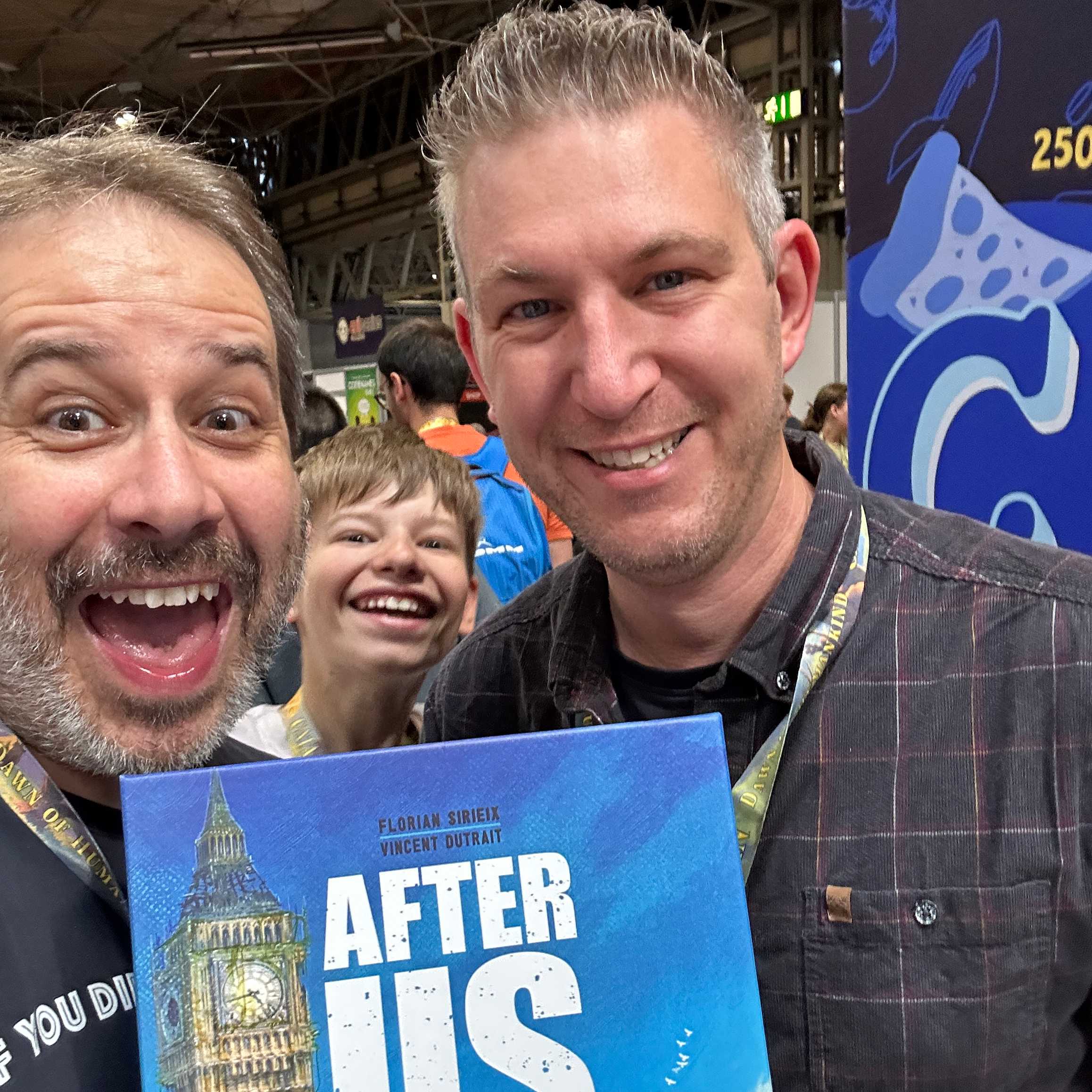
What is usually the first part of your creative process when designing a game?
The first thing is: what experience do I want to live? It may be a mechanic that I find smart and original, or a theme that I like and would like to see in a boardgame. Then I try to represent how a game would play in my mind. If it seems ok, I start creating a prototype.
You’ve co-designed games with the likes of Bruno Cathala and Benoit Turpin, has working with other designers changed the way you look at creating board games?
I kind of always have co-designed games, from my first game Imaginarium. I really like this way of working, it’s faster, more efficient, even if sometimes it can be frustrating. Even After Us is a co-design, with the publisher of Catch’Up Games, Clement Milker.
With time invested in creating and playtesting the next game, do you have much time to play other people’s games?
I really love playing. As soon as I have the possibility, I want to discover new games, my favourite being family games and light weight expert games, mostly deck-builders. My favourites at the moment would be Just One, Phantom Ink, Dune Imperium and Clank.
Any other snippets of forthcoming projects or collaborations you are allowed to share with us?
Next year I think I will only publish a two player game, designed with Cedric Lefebvre and published by Space Cowboys. It is based on the legend of The Monkey King. I really am looking forward to this game, we have been working on it for quite a long time now. It is a fast-paced worker-placement game.
Well that sounds exciting! When playing your own games with other people, do you let them win so they have a better experience with it? Or do you always play to win?
I always try my best, I never intentionally let people win. Nevertheless, when I play against beginners, I am always focused on their game to guide and help them, so I lose focus on mine and almost always lose. When I play against experts, my ratio is slightly better.
